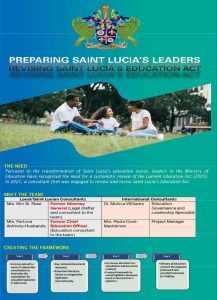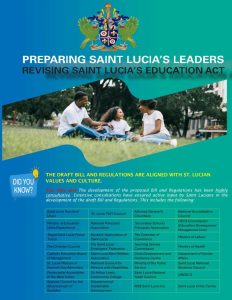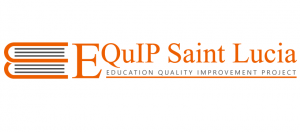The Director of the Pan American Health Organization (PAHO), Dr. Jarbas Barbosa, called on the countries of the Americas to maintain investments in health, promote innovation in primary care with a focus on digital technologies, and move from theory to practice through specific policies to overcome the challenges in access to health services.
“We view primary health care as a priority approach that addresses the needs of people where they live. Our strategy for its strengthening in the 21st century is crucial to overcome access barriers and guarantee that everyone receives health services on a continuous basis,” said Dr. Barbosa at the opening of the virtual event ” Strategies to ensure access to health services Health: Overcoming Barriers and Ensuring Continuity ”.
During the meeting, two PAHO regional reports on essential health services were presented, which provided a deeper insight to understand and address the wide range of factors that act as barriers to access to primary care, taking into account the characteristics and specific needs of territories and populations.
PAHO’s analysis reveals that even three years after the start of the COVID-19 pandemic, disruptions to essential health services remain a significant challenge in multiple countries of the Americas. In this context, a profound transformation is necessary to improve the response capacity of health systems and close the gaps in access and availability of human resources, infrastructure, supplies, equipment, and financing.
The first report ” Analyzing and Overcoming Access Barriers to Strengthen Primary Health Care ” presents the results of the collaboration between PAHO and its Member States to analyze the barriers to access to primary health care and formulates options for policies aimed at reducing and eliminating them progressively, with particular emphasis on historically neglected and vulnerable populations.
The second, ” Fourth round of the national survey on the continuity of essential health services during the COVID-19 pandemic “, presents the results of the fourth round of national surveys conducted in 2022 on the continuity of essential health services during the pandemic. It provides an overview of observed disruptions in health systems at the time of the survey and analyzes patterns based on data from the 17 countries and territories that participated in all four rounds.
“Even before the pandemic started, we were already dealing with unequal access and intersectionality of barriers, which was a major obstacle to achieving true equity. Before COVID-19, approximately 29.3% of the population in the Americas had unmet health needs, affecting around 295 million people,” highlighted Dr. Barbosa.
Both PAHO documents agree that the arrival of the pandemic significantly intensified these barriers, resulting in interruptions in both the supply and demand of essential health services. This impact has reversed the progress made in the last 20 years towards universal access to health and universal coverage in the Americas region.
“Primary health care is key to overcoming these challenges. It is the soul of resilient health systems and universal health, key to ensuring better preparation for future crises and greater equity in health services. It is also essential to reverse pandemic trends in maternal and infant mortality rates, increase vaccination coverage, and accelerate the elimination of communicable diseases such as HIV, tuberculosis, and malaria,” Dr. Barbosa remarked.
Today’s event is the first in a series of primary care webinars to discuss strategies to ensure access to health services in the region.

news
Revising Saint Lucia’s Education Act Drafting & Consultation
Revising Saint Lucia Education Act Drafting & Consultation



